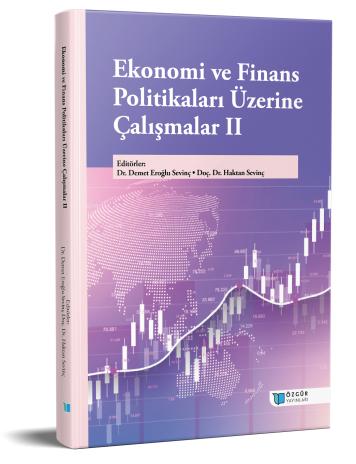
Foreign Direct Investment Literature Review: A Specific Focus on Turkey
Şu kitabın bölümü:
Eroğlu Sevinç,
D.
&
Sevinç,
H.
(eds.)
2023.
Ekonomi ve Finans Politikaları Üzerine Çalışmalar II.
Özet
This study examines the literature on foreign direct investment (FDI) by looking into the determinants, effects, types, and development of FDI globally, with a specific focus on Turkey. Based on the literature, we can observe that there are multiple determinants of FDI, such as GDP, market growth, market size, and labour cost. Moreover, this study examines the positive and negative effects that FDI has on the host country. The benefits that come with an increase in FDI are economic growth, productivity growth, an increase in technological advancements, and a decrease in the poverty rate. The evidence provided by the literature shows that the benefits of FDI outweigh the negative impacts that FDI could have on the host country. Additionally, the study shows the history of the development of FDI in Turkey by examining the reasons for the low rate of FDI inflows into Turkey’s economy before 1980 and how, after 1980, Turkey began introducing laws to encourage and motivate foreign investors to bring their capital into the Turkish economy. Furthermore, the study includes data about global FDI inflows and outflows and the development of global FDI from 2005 to 2022 and analyses the reasons why developed countries like the USA, China, and the United Kingdom receive much higher rates of inward FDI compared to developing economies. To conclude, the literature on FDI provides evidence on why FDI is important for many countries and why the majority of countries are looking into methods and strategies to increase the inflow of FDI into their economies.

